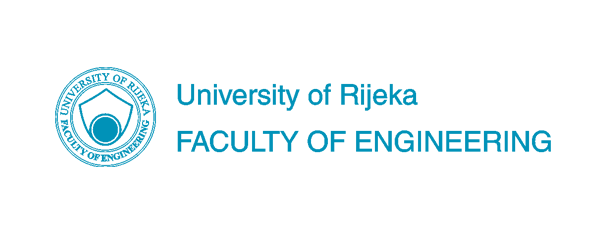Aims
The Doctor of Science degree which students acquire indicates a number of competencies: superior knowledge in a particular scientific field within the engineering sciences; ability of original scientific research; excellent knowledge of literature and unexplained problems in a particular field, the ability to design and implement a research project; publishing research results and presenting these results to other scientists; the ability to express one's views in the presence of an expert in the scientific field; the desire to pass on their knowledge and experience to younger generations of students; criticism primarily of one's own research, but also of the work of others; and the ability to adapt to the changes that are coming, all with the aim of making a significant scientific contribution to the wider academic community and society as a whole.
After the completion of the doctoral study, numerous opportunities open up for the continuation of scientific research work at the home institution or related institutions in Croatia or abroad, as well as post-doctoral research. Also, employment opportunities are opening up in the public and private sector, especially in economic entities with which the Faculty has developed cooperation, but also elsewhere in Croatia and abroad.
Learning Outcomes
Scientific research contribution
- Formulate a hypothesis for scientific research
- Apply a scientific method (theoretical, experimental, analytical, numeric, or similar) with the aim of confirming or rejecting the hypothesis
- Create one’s own theories, methods, procedures, models, and other scientific results
- Analyse and revise existing sources and databases with the aim of collecting data needed for carrying out own research
Scientific collaboration
- Establish collaboration with other researchers from the country and abroad
- Apply and lead a national/international research project – prepare the project proposal, establish a financial plan, achieve project goals, report regularly on project work
- Independently or as a member of a research group, carry out scientific research and critically evaluate existing theories and research results
Dissemination skills
- Present to the wider public and popularise the results of own scientific research
- Publish a research paper in a major international journal
- Publish and present a research paper at an international scientific event (workshop, congress, conference)
Social responsibility
- Develop innovative solutions through creative activities with the aim of increasing the knowledge of the society
- Use scientific methods to solve complex economic and other problems
- Take ethical and social responsibility in carrying out scientific research successfully, especially taking into consideration the social relevance of research results

